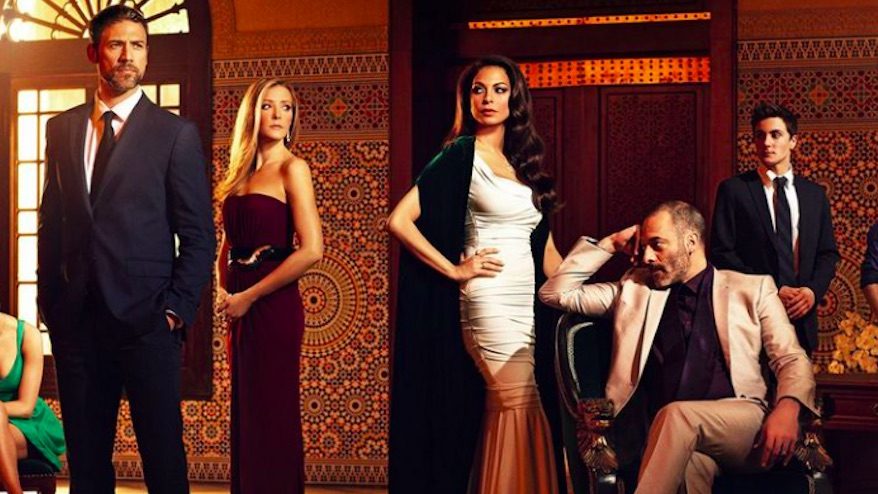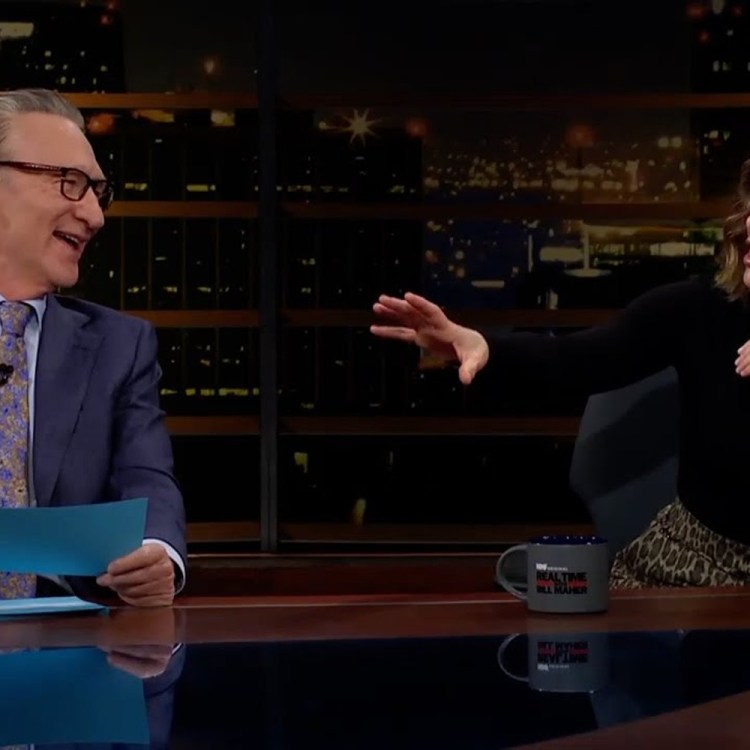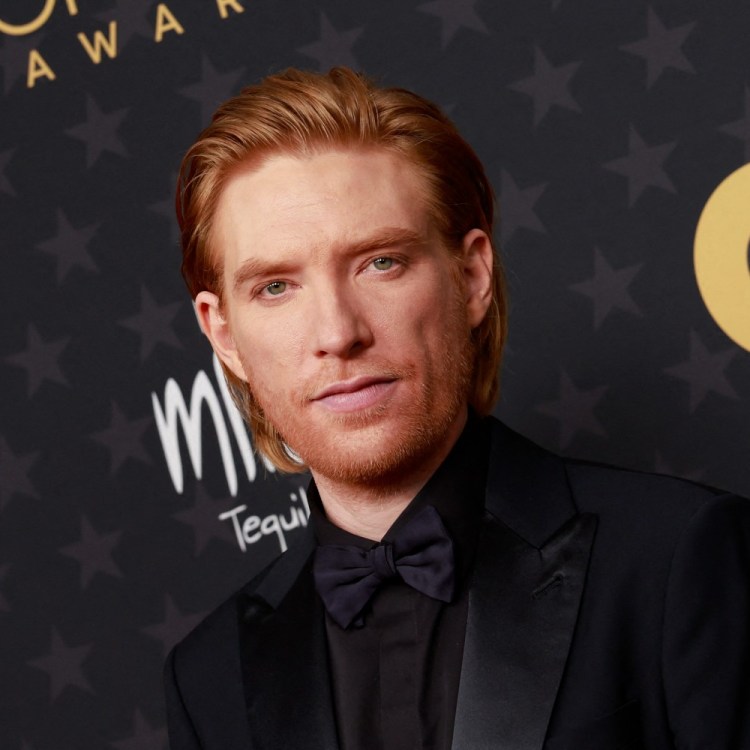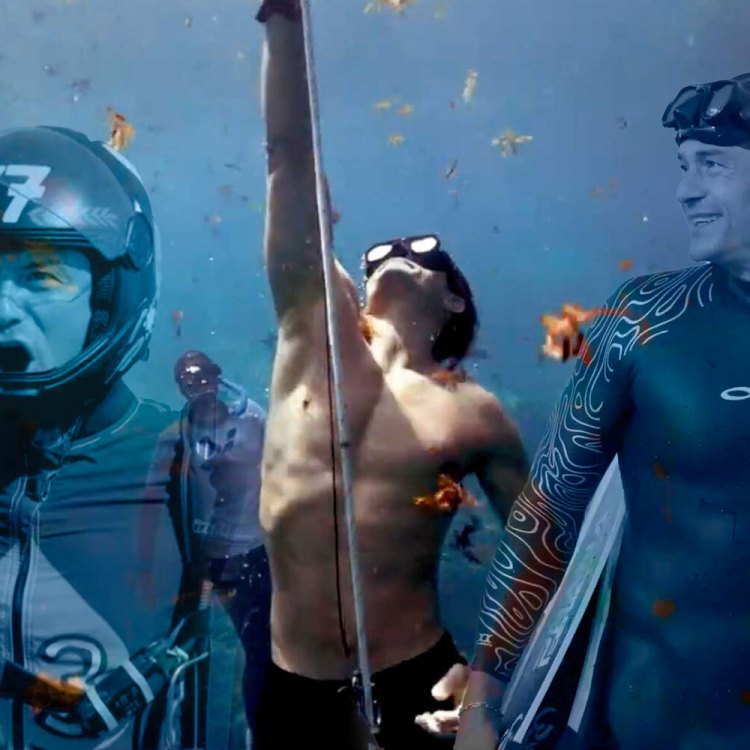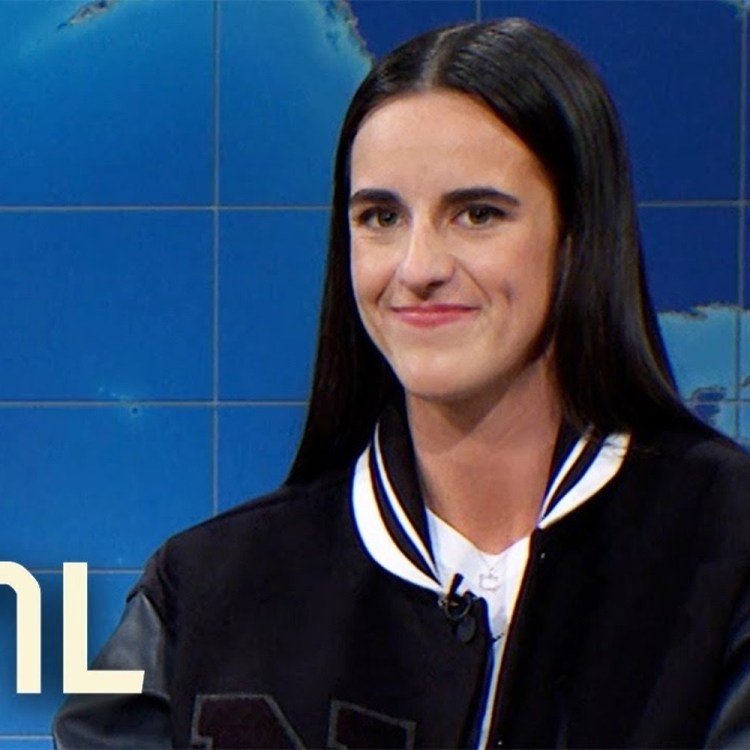“Five years ago, we never thought we’d have an audience to talk to [about Muslims in America], but I think we have Donald Trump to thank for that.”
This is Salam Al-Marayati, president and co-founder of Muslim Public Affairs Council (MPAC), as he talks about the portrayal of Muslims in film and television.
The mission of MPAC is to change the narrative of Islam and Muslims in the entertainment industry by engaging creatives to increase the number of authentic portrayals in media.
The Hollywood Bureau of MPAC, in cooperation with the Writers Guild Foundation, of the Writers Guild of America, West, presented a discussion on creating more authentic representations of Islam and Muslims in film and television, entitled “Understanding and Creating Authentic Muslim Narratives.”
“MPAC is not watchdog group, “ Al-Marayati explained. “ We’re not here to be the thought police. We’re here to be a resource for all creators, for everyone.”
He iterated that much of the problem with Muslim portrayals is the presentation of the idea that it’s “Islam versus the West.” “There’s a dehumanization of Muslims today and we want to change that story,” said Al-Marayati.
There is a lot of confusion about Muslims in general, says Al-Marayati explaining, “People need to learn that Arab and Islam are not synonymous. Arab is an ethnicity and language, and Islam is a religion. The other misconception is that Islam is an Arabic religion. Muslims are of every race and every ethnicity. Arabs comprise only 10% of the Muslim world. Yet our news is focused on the Middle East because of politics.”
He added, “When you (show Muslims only in the context of the Middle East) you’re stereotyping, Stereotyping is taking a grain of truth and sweeping it over a whole culture.”
Because of this perceived strong connection to the Middle East, creatives often have trouble convincing producers that there are stories to be told that don’t involve terrorism.
“Right now, as a creator who takes stories out into the marketplace about Arab-American Muslims, if it doesn’t involve terrorism, it’s not of interest to people. It’s the biggest disappointment, “ said Cherien Dabis, who has worked on The L Word, written and directed series television, including Quantico and Empire, and wrote and directed the feature Amreeka.
She went on to say, “We need a seat at the cultural table. The cultural table that does not include politics or terrorism. Just where we can be normal people.”
Al-Marayati said that Muslim characters don’t have to be heroes or heroines, that he just wants to Muslims in everyday situations on television. “We’d like to see more average Muslims depicted – the Muslim doctor, Muslim teacher, Muslim parents that happen to be in the scene. It doesn’t have to be about them. They’re part of life like everyone else. There could be funny things about them, they could be strange or something, but they’re real.”
Relating this to his own life he added, “My kids and I don’t talk about the Middle East every day. We talk about Aaron Rodgers and the Packers more.”
The discussion turned to the fictional series Tyrant, which ran for three seasons on FX.
Tyrant tells the story of Bassam “Barry” al-Fayeed and his family. Al-Fayeeda was a pediatrician living in America, who also happened to be the son of a Middle Eastern dictator. When Barry and family his family returned to their native country for the first time in 20 years, they found themselves embroiled in a clash of cultures amid great political upheaval.
As showrunner of Tyrant, Chris Keyser praised the series for its overall objective, saying, “It was first and foremost a way of saying to people, ‘here is a story that you should pay attention to. Almost all of the characters are Arab and almost all are Muslim. All the heroes and villains are both of those things. They are everything human beings are, and all of this is played out in a Shakespearean plot.’ ”
He admitted that the creatives, while well-intentioned, did miss the mark on some things. “We failed a lot. We had a lot of actors who were Muslim and from the Middle East and they would say to us, ‘you’re getting this wrong,’ and we’d try to adjust.”
Giving more specifics, Keyser said, “We had an American audience and we had a Middle Eastern audience. What the Middle Eastern audience understood from the show and the way they saw themselves represented was different from the way that American Arabs or Muslims saw the show. Like anything else you do the best you can to tell a story that’s compelling in its own right without making too many big mistakes. I often said, ‘I know you’re disappointed in small ways but we’re trying to have a bigger impact than all of those things. We have a show on the air with Muslim heroes and that’s not an easy thing to do.’”
Shireen Razack, who’s written on Rizzoli & Isles, Haven and Shadowhunters, said that she initially didn’t tell people she was Muslim when she first moved to Hollywood. “I was given advice by a mentor who said, ‘people in Hollywood are not going to be very receptive to you being Muslim so don’t mention it,’” She revealed. “It’s only been in the last year that I’ve been more open about it. Sometimes it’s been good and sometimes it’s been bad.”
When working on a writing staff, Razack said, “I have to worry about pitching Muslim characters because I worry that I’ll be viewed as having some sort of agenda in that respect.”
Upon hearing this Dabis jumped in to say, “I worked on a show where I did have an agenda! I stood up and said, ‘if you make the Muslim a character a terrorist I’m walking out right now!’ I think it depends on who you are and where you are in your life. You have to make those choices. What are you willing to sacrifice and what story do you want to tell?”
Al-Marayati said that overall this identity issue isn’t really a Muslim problem. “We don’t view Islamophobia as a Muslim problem, it’s an American problem. So, we shouldn’t speak about how do Muslims deal with this, we should be talking about the racism and bigotry that is impacting all of our community. It’s a problem that is across the board, a cancer in our society that we have to deal with.”
He reasons that this presents a unique opening within American Muslim communities, saying, “We’re here worshipping freely, so there’s an opportunity for us to have an integrated, vibrant, healthy Muslim community in the West that’s not about fighting with people. We’re not trying to separate from other people but be integrated into society. That’s the image we want to see [on the screen as well].
He pointed out that to accomplish this, “The task of the writer is to figure out a way to disseminate the truth in a way that is entertaining and beautiful to the eye and the ear, whatever story you’re telling.”
As the discussion drew to a close, Al-Marayati stated, “This is what makes change – people who are willing to listen. We see hope and opportunity in all of you.”
This article was featured in the InsideHook newsletter. Sign up now.
